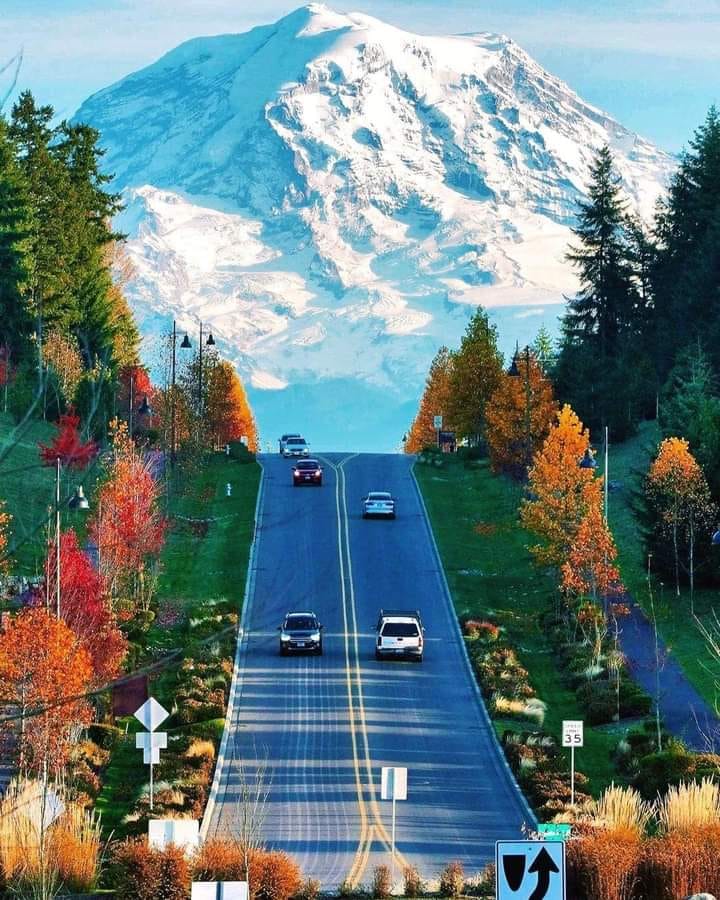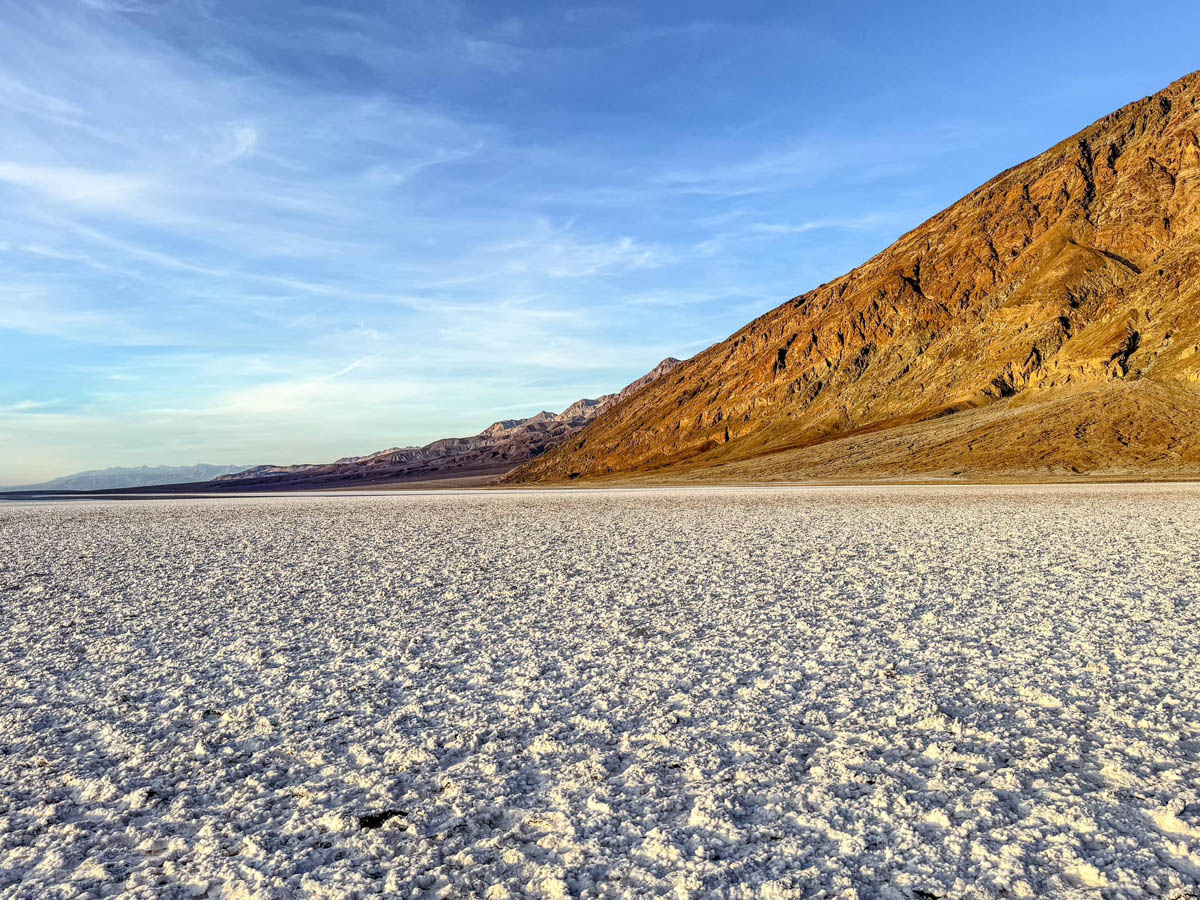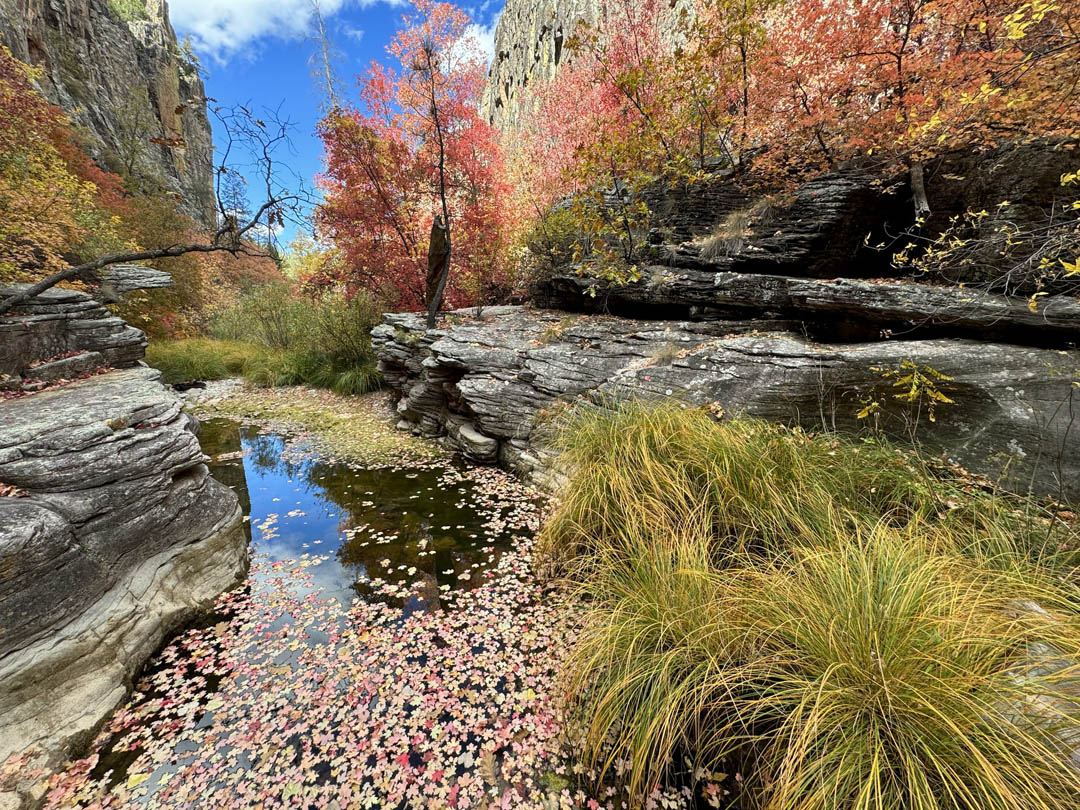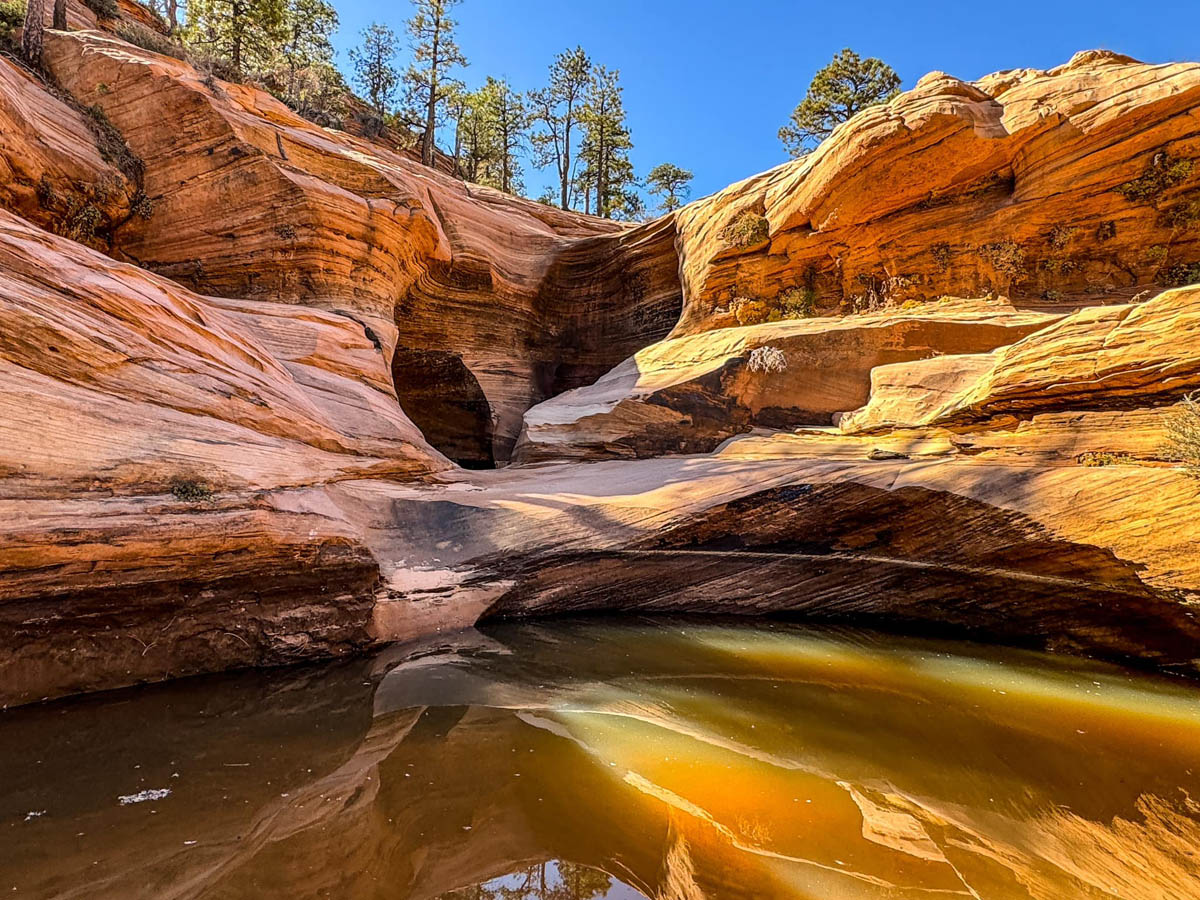Located in the heart of the Pacific Northwest, Mount Rainier National Park stands as a testament to the raw beauty and natural wonder that Washington State has to offer. As the summer sun bathes the rugged landscape in its golden glow, adventurers from around the world flock to this majestic destination to experience the magic of one of America’s most iconic national parks.
A Natural Wonderland: The Majesty of Mount Rainier
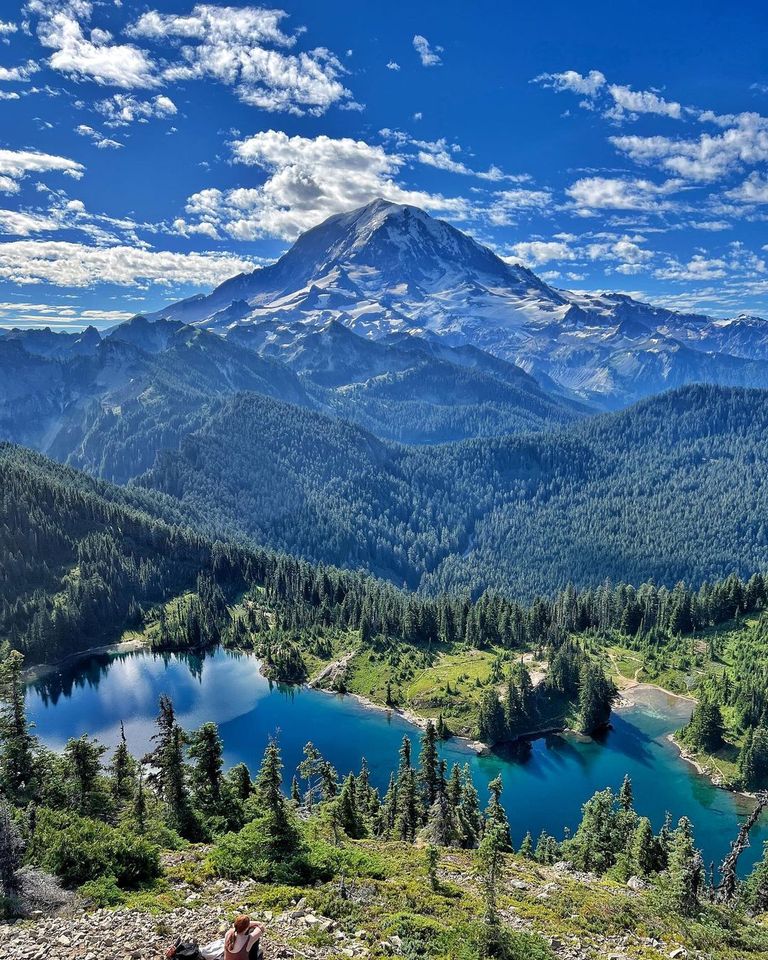
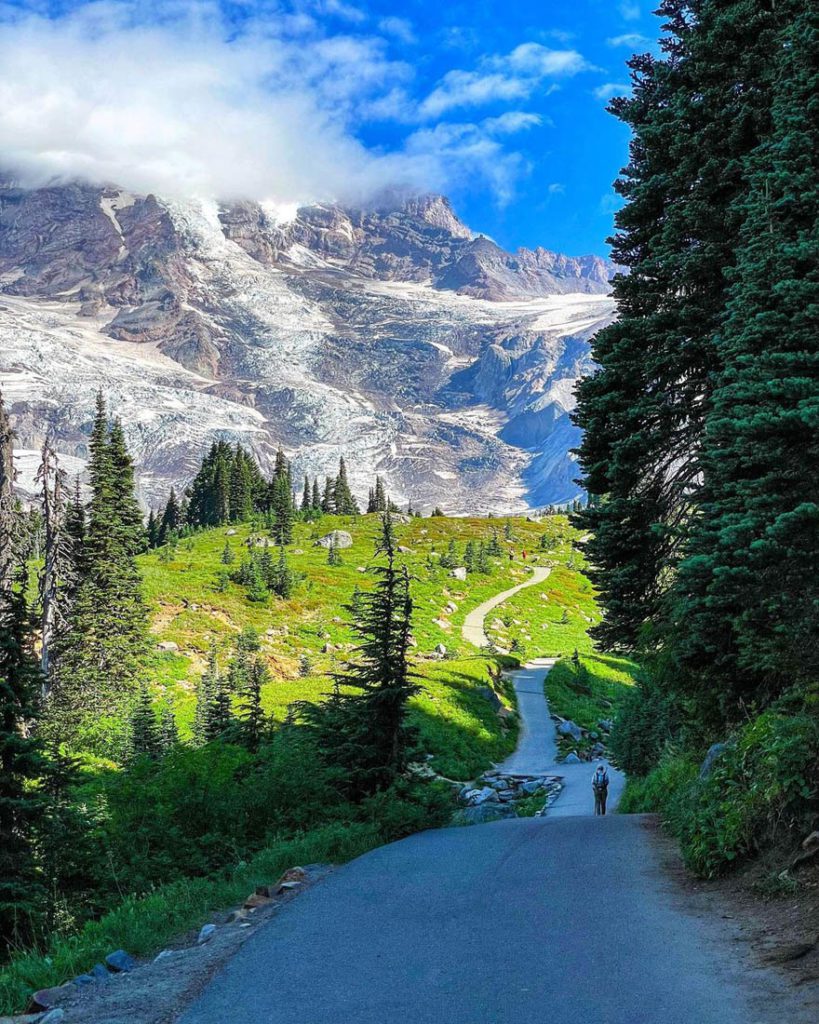
As the gateway to the Cascade Range, Mount Rainier dominates the skyline with its towering presence. The stratovolcano, standing at a staggering 14,410 feet (4,392 meters) tall, is not only the highest peak in Washington but also an active volcano. Its snow-capped summit contrasts perfectly with the lush forests, vibrant wildflower meadows, and glacial rivers that define the park’s landscape.
Why is Mount Rainier National Park famous?

Mount Rainier National Park’s fame stems from its iconic peak, breathtaking landscapes, abundant wildlife, outdoor activities, and its significance in scientific research and conservation efforts. It offers a remarkable blend of natural beauty and recreational opportunities that continue to captivate and inspire visitors from around the world.
What is the best time to visit Mt Rainier?
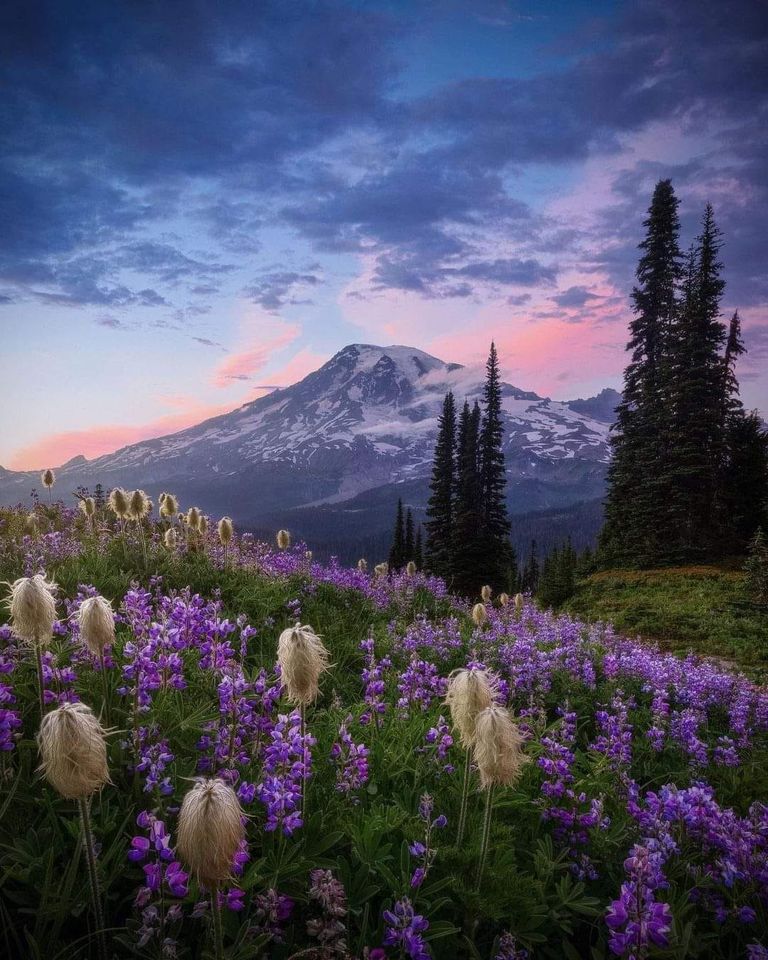
The best time to visit Mount Rainier National Park depends on your preferences and the activities you’d like to engage in. Each season offers its own unique experiences and attractions:
- Summer (Late June to Early September): This is the most popular time to visit the park. The weather is generally pleasant, with warmer temperatures, clear skies, and a plethora of wildflowers in full bloom. Many hiking trails are accessible, and you can explore various areas of the park without worrying about snow blocking paths. The visitor centers are open, and ranger-led programs are available, making it an ideal time for families and those looking to explore the park’s iconic meadows and vistas.
- Fall (Late September to Early October): As the summer crowds start to thin, fall presents a quieter and serene atmosphere. The fall foliage in the park’s lower elevations is breathtaking, with vibrant shades of red, yellow, and orange. While some trails may start to close due to snow, you can still enjoy many beautiful hikes, and the crisp air adds to the charm of the park.
- Winter (November to March): If you’re a fan of winter sports and snowy landscapes, then visiting Mount Rainier in the winter can be a magical experience. The park becomes a winter wonderland, offering opportunities for snowshoeing, cross-country skiing, and even backcountry skiing. The Paradise area is particularly popular during this time, and it’s known for its snow-covered meadows and stunning views. Keep in mind that some roads and facilities may be closed due to snow, so be sure to check for current conditions before your visit.
- Spring (Late April to Early June): Spring is the time when the snow starts to melt, and the park begins to awaken from its winter slumber. While some areas might still be inaccessible due to lingering snow, lower elevation trails and viewpoints become accessible. Spring offers a quieter experience compared to summer, allowing you to enjoy the beauty of the park with fewer crowds.
Unforgettable Hiking Adventures
Hikers of all skill levels are treated to an array of trails that wind through diverse ecosystems, each offering a unique perspective of the park’s beauty. The Skyline Trail is a favorite among visitors, guiding trekkers through meadows adorned with colorful wildflowers, past cascading waterfalls, and to panoramic viewpoints where the grandeur of Mount Rainier takes center stage.
For those seeking a more challenging expedition, the Wonderland Trail offers a multi-day trek around the base of the mountain, providing an unparalleled opportunity to immerse oneself in the park’s varied landscapes and wildlife. Remember to check in with the ranger station for trail conditions and permits to ensure a safe and enjoyable journey.
Wildlife Encounters
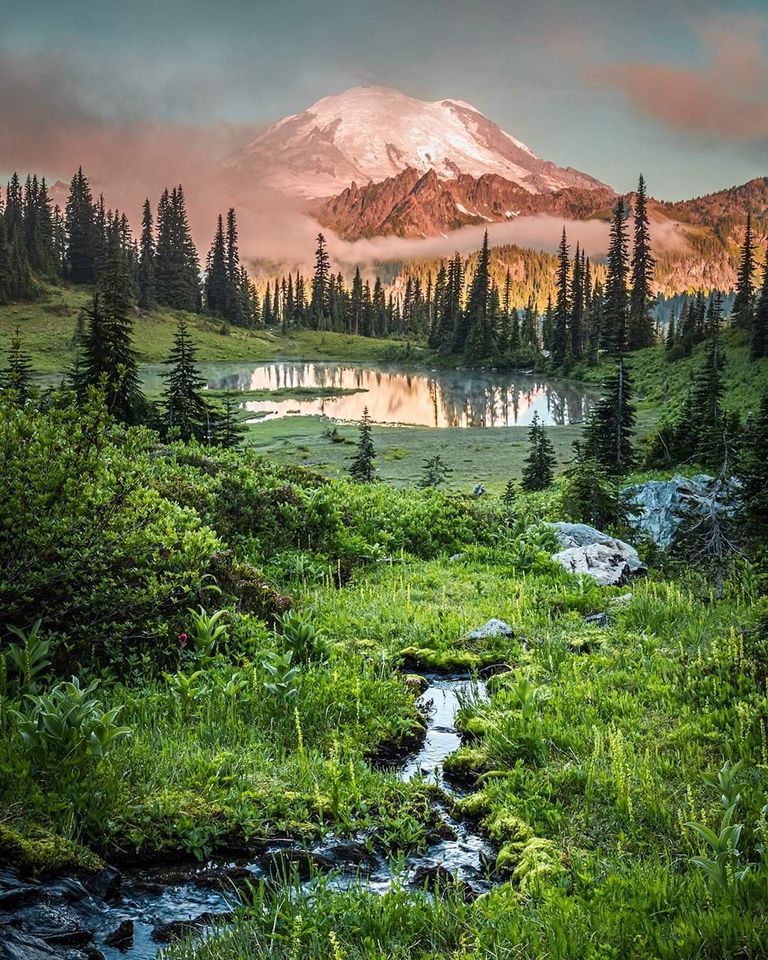
Mount Rainier National Park is a haven for wildlife enthusiasts. Keep your eyes peeled for sightings of black bears, elk, deer, and even the elusive mountain goat. The park’s diverse habitats provide these creatures with a sanctuary to thrive in, making each encounter a thrilling and humbling experience.
Mesmerizing Wildflower Displays
If you time your visit just right, you’ll witness the park’s wildflower displays that rival even the most vibrant of rainbows. During July and August, the meadows burst into a riot of colors as lupines, Indian paintbrushes, and avalanche lilies paint the landscape. The Paradise area is particularly renowned for its wildflower spectacles, drawing photographers and nature enthusiasts alike.
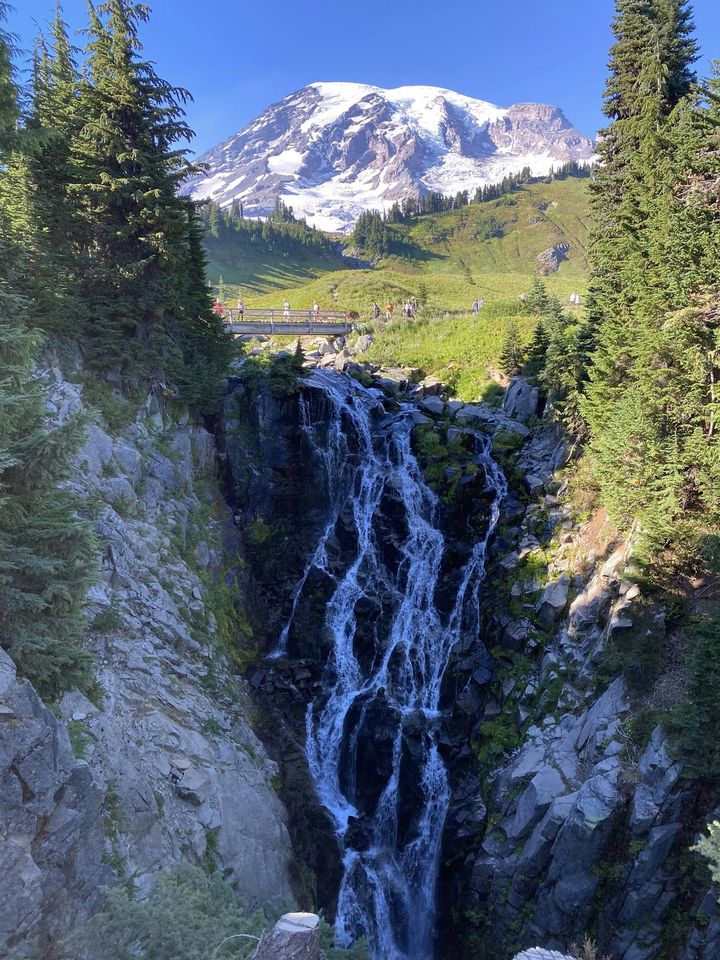
Outdoor Recreation Beyond Compare
For those who seek adventure beyond hiking, Mount Rainier National Park has something for everyone. Cyclists can pedal along designated routes, photographers can capture stunning vistas from the comfort of pullouts, and rock climbers can test their skills on the challenging volcanic formations.
In the winter months, the park transforms into a snowy wonderland, attracting snowshoers and cross-country skiers who are eager to explore the serene landscape. For those with a penchant for excitement, backcountry skiing and snowboarding offer a thrilling way to experience the park’s winter magic.
Preservation and Conservation Efforts
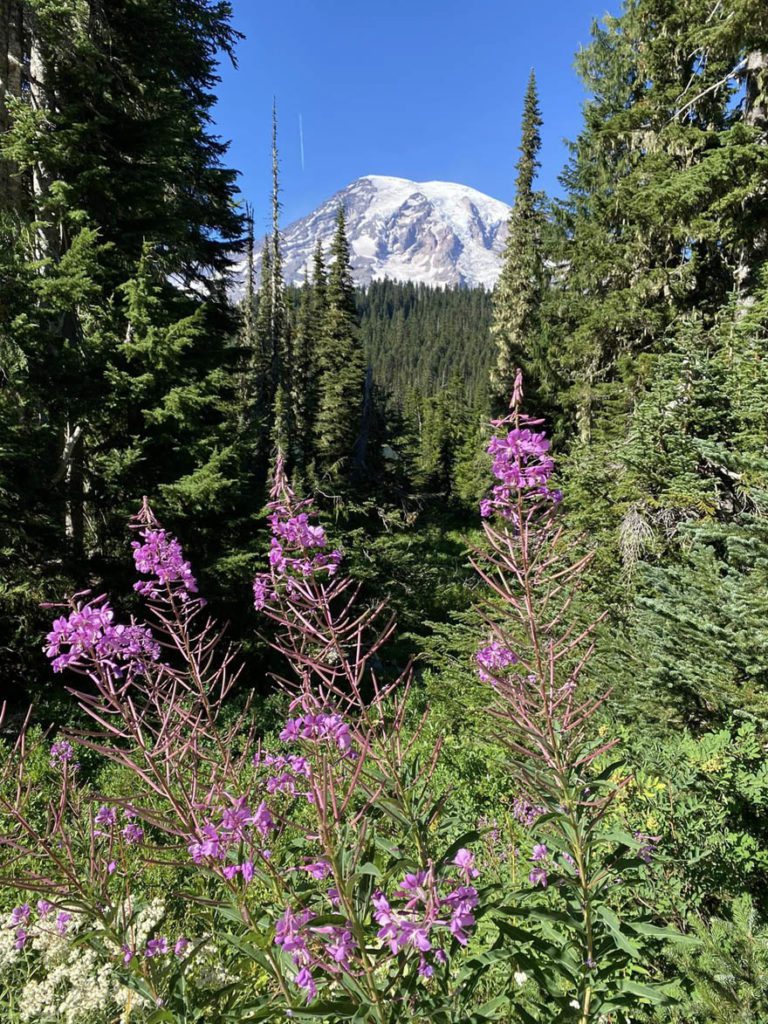
Mount Rainier National Park isn’t just a recreational playground; it’s also a testament to the importance of conservation. The park’s efforts to protect its fragile ecosystems, maintain clean air and water, and minimize human impact are a shining example of responsible stewardship. As visitors, it’s our duty to follow Leave No Trace principles and help preserve this natural treasure for future generations.
Getting There
Mount Rainier National Park is conveniently located within driving distance from Seattle and Tacoma. Various entrances provide access to different parts of the park, with the Nisqually entrance being the most popular due to its proximity to the Paradise area.
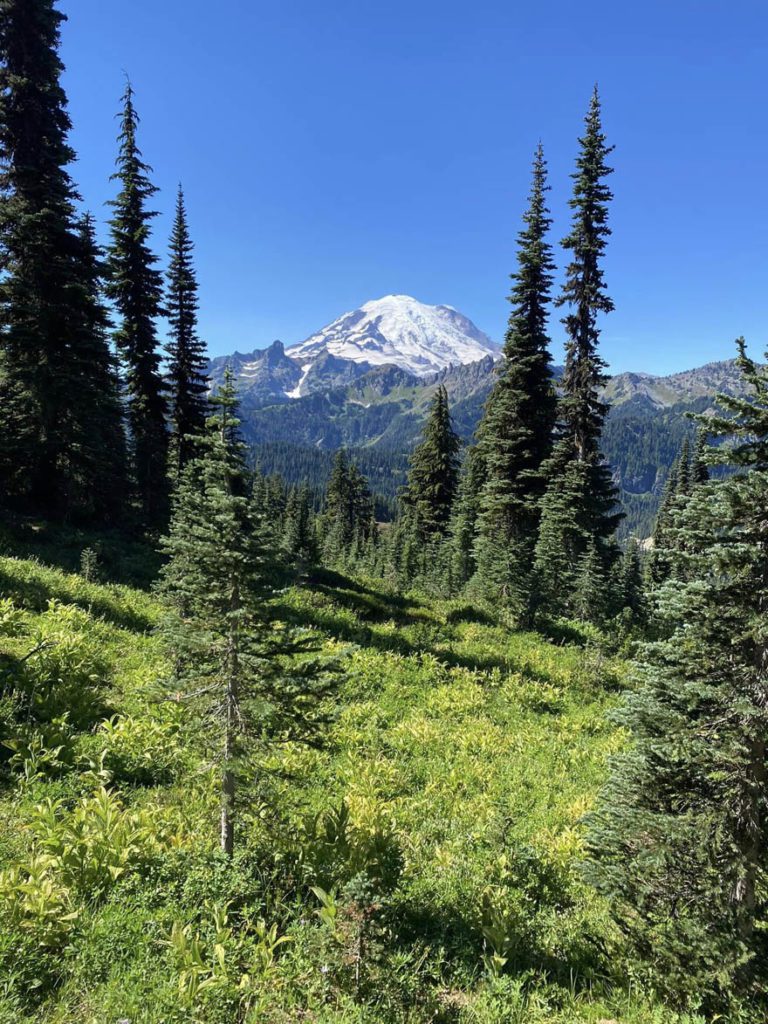
As you embark on your journey through Mount Rainier National Park in 2023, prepare to be captivated by the harmony of nature’s finest elements. From the snow-capped peak to the lush valleys, this national park embodies the essence of the Pacific Northwest and offers an adventure that’s equal parts exhilarating and tranquil. So pack your hiking boots, your camera, and your sense of wonder – Mount Rainier awaits, ready to reveal its awe-inspiring beauty to all who seek it.

